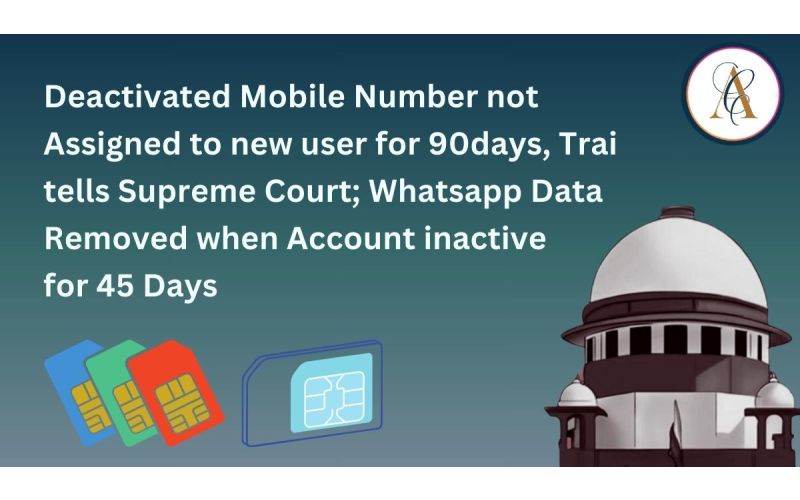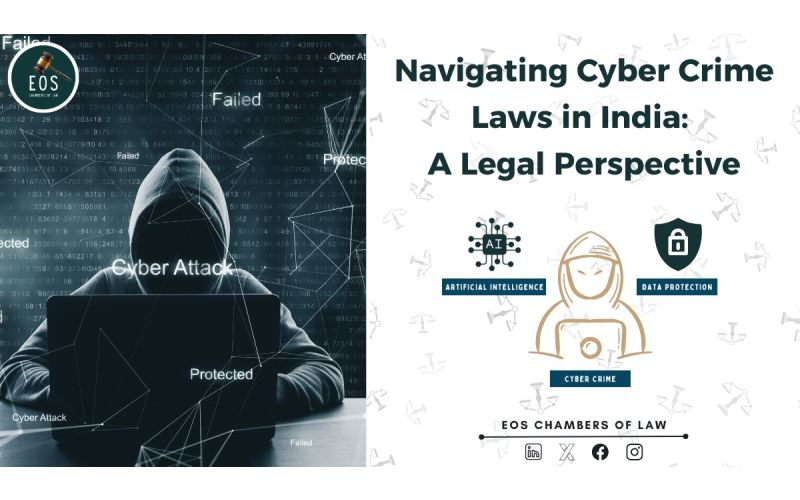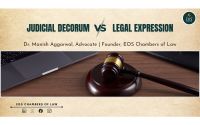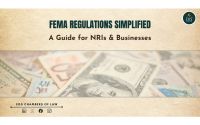Row Over Services: Will Examine If Parliament Can Abrogate C

Row Over Services: Will Examine If Parliament Can Abrogate Constitutional Principles Of Governance For Delhi, Says Supreme Court
The Supreme Court has said a five-judge constitution bench will examine whether Parliament can “abrogate the constitutional principles of governance” for the Delhi government by making a law to take away its control over services. The Centre recently issued an ordinance on the Delhi services matter by exercising its powers under Article 239-AA, a special provision in the Constitution pertaining to the national capital.
The top court, which on Thursday referred to a constitution bench the :
(i) What are the contours of the power of Parliament to enact a law under Article 239-AA(7); and (ii) Whether Parliament in the exercise of its power under Article 239-AA(7) can abrogate the constitutional principles of governance for the National Capital Territory of Delhi (NCTD),” said the order passed by a bench of Chief Justice D Y Chandrachud and justices P S Narasimha and Manoj Misra.
“The first is on the import of Section 3A (of the ordinance). Section 3A removes Entry 41 (services) of List II (State List) from the legislative competence of the NCTD. On the exclusion of Entry 41 from the NCTD’s legislative power, the government of the NCTD ceases to have executive power over services because executive power is co-terminus with the legislative power,” the order said.
While referring the Delhi government’s plea to the constitution bench, it had rejected the vehement submission of the city dispensation that there was no need for referring the matter to a constitution bench as it will “paralyse the whole system” during its pendency.
On Thursday, the bench raised a raised a query with regard to the ordinance and said it took away the control of services from the control of the Delhi government.
The Constitution excludes three entries of List II (State List) related to police, law and order and land from the control of the Delhi government, it said.
Article 239AA deals with special provisions with respect to Delhi in the Constitution and its sub-article 7 says, “Parliament may, by law, make provisions for giving effect to, or supplementing the provisions contained in the foregoing clauses and for all matters incidental or consequential thereto.”
It also says any such law made under the article “shall not be deemed to be an amendment of this Constitution for the purposes of Article 368 notwithstanding that it contains any provision which amends or has the effect of amending, this Constitution.”
Source
Post Categories
Featured Posts
Latest Posts
Latest Posts

Contract Law in the Digital Age How E-Contracts Are Transforming Legal Agreements...
In today's fast-paced technology-driven world traditional paper-based contracts are swiftly being replaced by electronic contracts or e-contracts This shift is transforming the way legal agreements are created executed and enforced Here rsquo s an in-depth look at how e-contracts are...

Deactivated Mobile Number Not Assigned To New User For Days TRAI Tells Supreme Court...
The Telecom Regulatory Authority of India TRAI has told the Supreme Court that once a cellular mobile telephone number is deactivated for non-usage or disconnected on the request of the subscriber it is not allocated to a new subscriber for...

SC On Aadhaar Important Takeaways From The Recent Verdict...
The Supreme Court ruled that Aadhaar the ambitious public scheme that uses biometric data to generate unique identification numbers for citizens is constitutionally valid but with conditions Here are the key takeaways from today rsquo s verdict Read More nbsp...

SC Ruling On User Development Fee Provides Guidance For GST Tax On Royalty...
The nbsp SC nbsp had held that nbsp UDF nbsp collected by the nbsp DIAL nbsp is in the nature of statutory levy and the same would not be taken as consideration against any services A recent judgment by the...

Navigating Cyber Crime Laws in India A Legal Perspective...
The rapid proliferation of digital technologies has transformed India rsquo s social economic and professional landscape While digitalization brings efficiency and innovation it also exposes individuals and businesses to cybercrime risks As a lawyer in India it is crucial to...

Members Of Railway Protection Force Can Seek Benefit Under Employees Compensation Act Though RPF...
The Supreme Court on Monday held that an officer of the Railway Protection Force RPF can seek compensation under Employees Compensation Act even though the RPF has been declared to be an armed force of the Union ldquo in...

Speak With Our
Get a Appointment
















